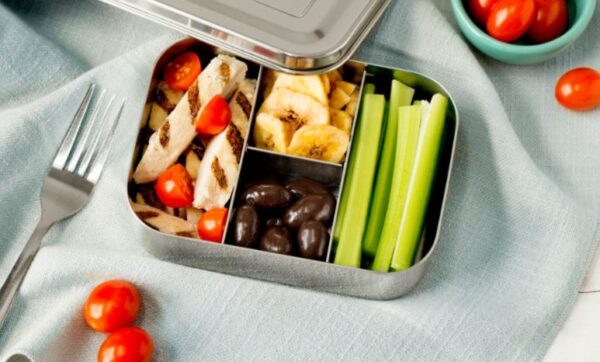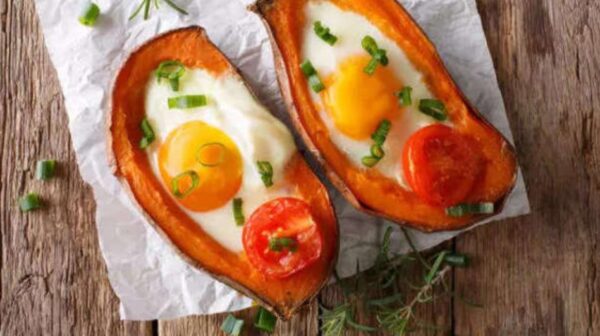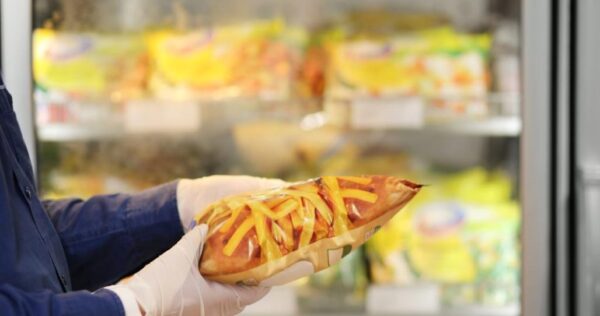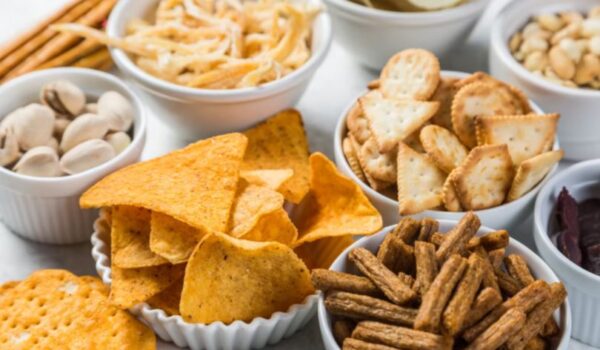Lifestyle
5 foods you should never store in steel containers

Steel containers are a common sight in South African kitchens. They’re durable, easy to clean, and keep things organised.
From pulses and pickles to lunchbox sabzis, they seem like the perfect all-rounder.
But not everything belongs in them. Certain foods can react with steel or lose their flavour, texture, and nutritional value over time.
While these containers are great for dry storage, it’s worth knowing which items are better off elsewhere.
Swapping storage habits can help your food stay fresher, tastier, and safer. Here’s what to keep in mind.
1. Pickles
Pickles are usually loaded with salt, oil, and natural acids from lemon, vinegar, or tamarind. These can react with the metal, especially if it’s not stainless steel of good quality. This can lead to a change in taste, slight metallic notes, and a shorter shelf life. Glass jars are a better pick for your achars.
2. Curd
Curd is naturally acidic, and when stored in steel containers, especially for long hours, it can pick up a strange aftertaste. The fermentation may continue, and the texture might shift. For best results, stick to ceramic or glass bowls that keep the curd cool and clean.
3. Lemon-based dishes
Steel and citrus don’t get along well. So storing lemon rice, lemon rasam, or anything with amchur or tamarind in a steel dabba may dull its sharpness and reduce its zing. These dishes taste better when kept in glass or food-grade plastic that doesn’t interfere with their acidity.
4. Tomato-rich foods
Gravy dishes with a heavy tomato base, like paneer butter masala or rajma, are best stored in non-metallic containers. The natural acids in tomatoes can react with steel over time, affecting both the taste and the nutrient profile of the dish. If it’s a leftover, pop it into a ceramic bowl or glass box instead.
5. Fruits and fruit salads
Cut fruits or mixed fruit salads stored in steel tend to get soggy and develop an odd flavour if left too long. Their natural juices mix and react slightly with the surface, especially with soft fruits like bananas or oranges. Airtight glass containers or food-safe plastic boxes keep them crisp and juicy.










